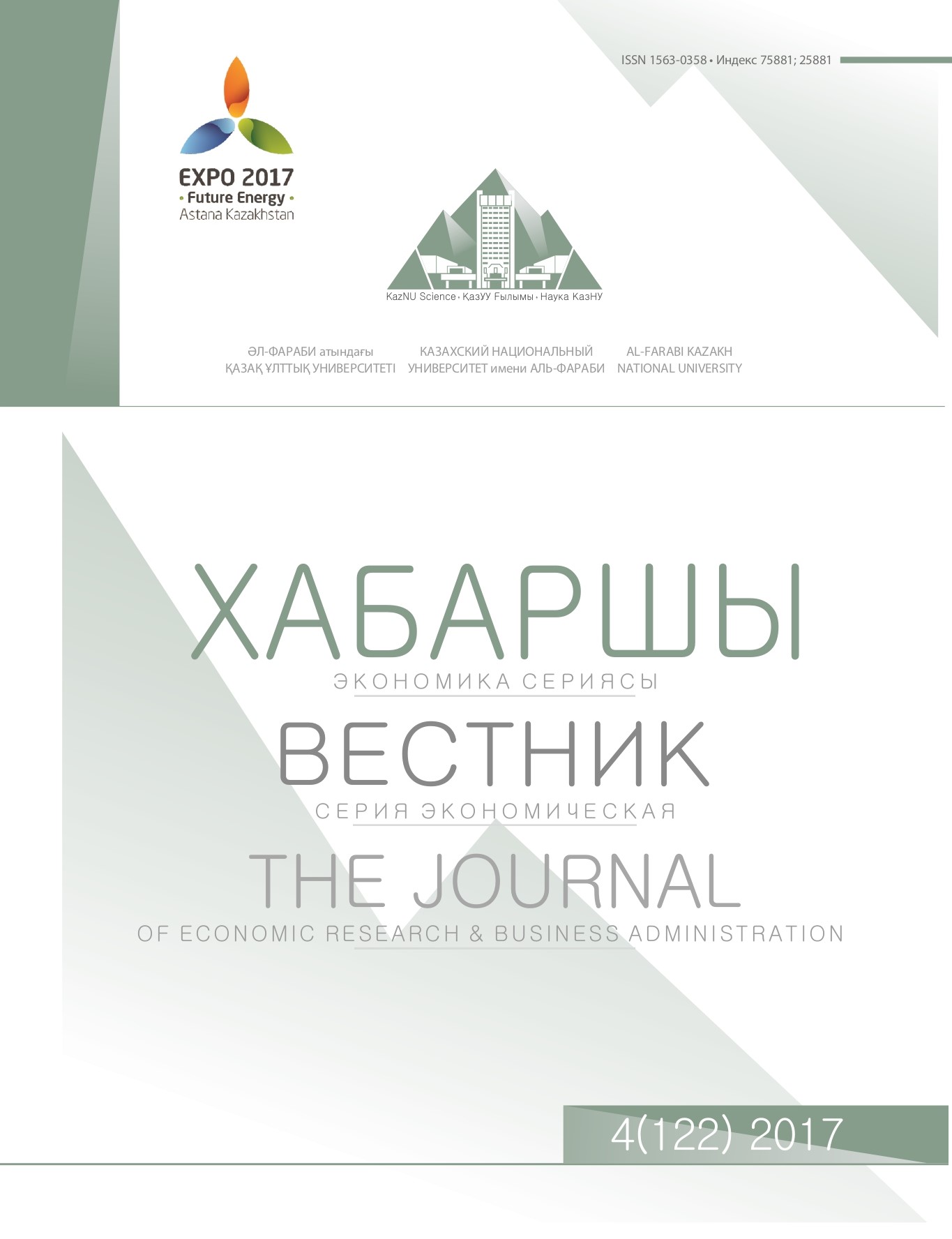Scientific basis for selection of projects for reforming the Kazakhstani penitentiary system, taking into account their integral risks
Abstract
The actual problems of the current stage of reforming the Kazakhstan penitentiary system are considered. It is shown that at the present stage of institutional reforms Kazakhstan faces the task of significantly improving the effectiveness of the penitentiary system – achieving the best results with a rational organization of resource costs: the primary task is to justify the optimal choice of those really priority projects that will ensure a significant increase in social and economic efficiency of reforming the Kazakhstani penitentiary system. The systemic shortcomings of the approaches used to determine the effectiveness of the penitentiary system and the practice of applying risk management methods in its institutions and bodies are revealed. The urgency of developing new approaches to the evaluation of penitentiary system reform projects and the feasibility of applying the concept of integrated risk management are substantiated. The mathematical model solving on a basis of a method of dichotomous programming the task of
formation of the program of reforming of the Kazakhstan penitentiary system providing the maximum
total economic and social effect taking into account high, average and low integral risks of projects entering
into it is presented. First, a system consisting of three subsystems, separately containing projects with
a high, medium and low integral risk index, is used. Then the task of maximizing economic and social
efficiency as a function of the volume of project financing is solved.













